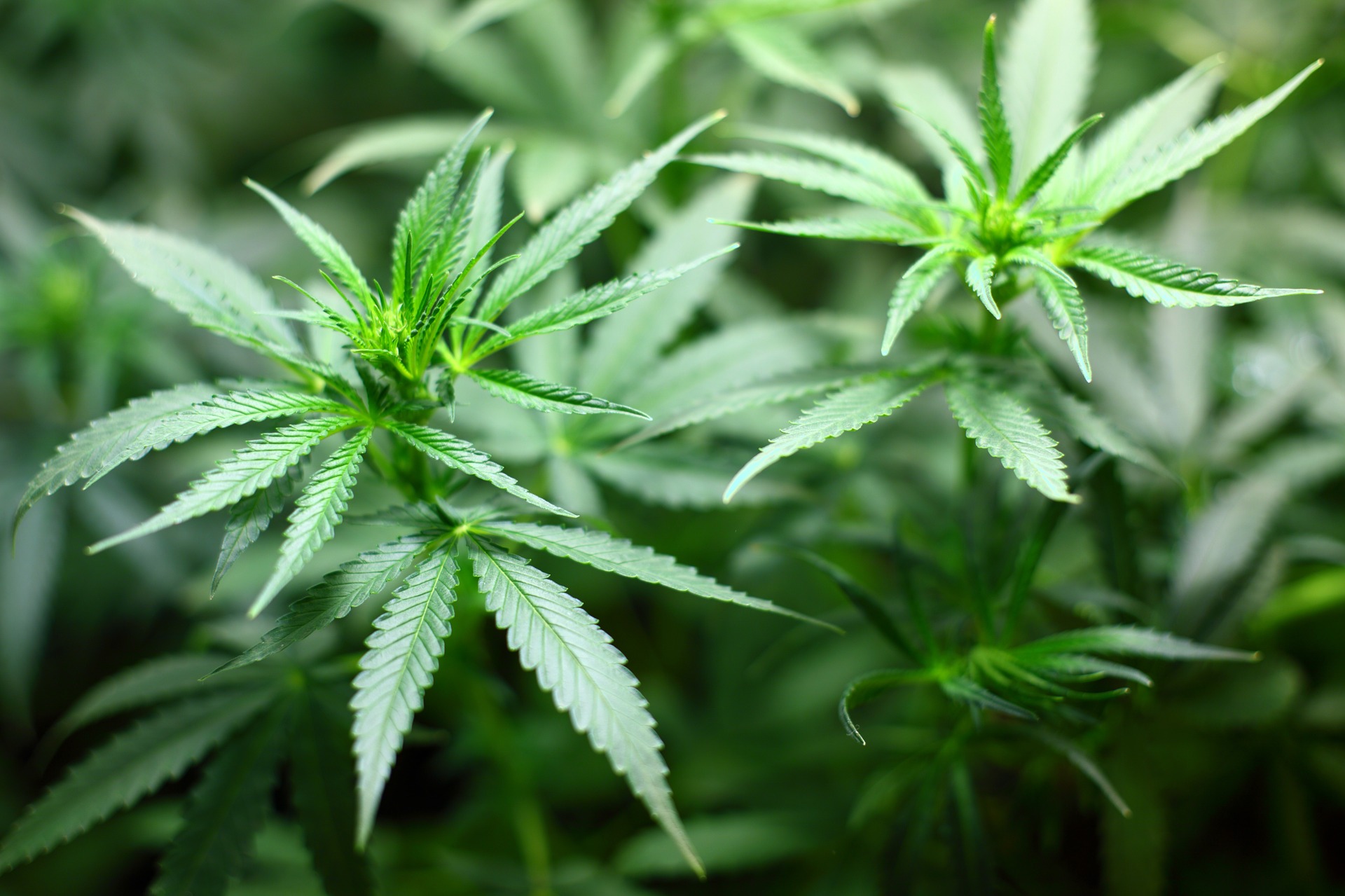
There’s a reason why Google searches for CBD have quadrupled since 2017. People are curious about the health benefits of this cannabis-derived substance. However, while researching CBD, individuals often come across the term CBN.
This can be confusing because the two substances sound so similar. So exactly what is the difference between CBN vs CBD?
In this article, we’ll teach you everything you need to know about the two products. That way, you can make an informed decision about which one is best for you. Let’s get started!
What is CBD?
CBD is an abbreviation that stands for cannabidiol. It’s a natural component that’s extracted from cannabis plants. Often the first question asked about CBD is, Will it get you high? No, it won’t.
CBD contains little to no THC which is the psychoactive component in cannabis that produces a high, euphoric feeling. However, it does provide numerous reported mental and physical benefits.
As such, it’s blown up in the alternative medicine field within the past few years. You can take CBD in a variety of ways: oils, edibles, and capsules are the most popular.
However, keep in mind that the industry is still fairly unregulated. As such, make sure you purchase the best CBD capsules possible from a supplier you trust.
CBD Benefits
Since CBD is the second most popular cannabinoid in the world, there are many more studies that back its benefits than CBN. The biggest benefit is pain relief. Since CBD binds to our neuroreceptors it can help reduce the pain associated with chronic conditions like arthritis.
CBD is ideal for people struggling with cancer-related symptoms. Pain and nausea are common side effects of cancer and chemotherapy. Not only does CBD help reduce these symptoms, but some researchers even believe that it may have cancer-fighting properties.
Many studies also show promising results in CBD’s treatment of anxiety and depression. The natural mood-elevating benefits are ideal for people struggling with these conditions.
It also sidesteps many of the negative side effects that come with traditional pharmaceuticals, like insomnia, sexual dysfunction, and mood irritation.
Finally, CBD may also help protect our brains from neurological conditions like Parkinson’s disease and Alzheimer’s. It does this by interacting with our endocannabinoid system which is in charge of many brain signaling functions.
What is CBN?
CBN is an abbreviation that stands for cannabinol. Like CBD it’s a naturally occurring cannabinoid found in hemp plants. While it’s similar to cannabidiol in many different ways, it comes from a different process.
Manufacturers produce CBN through oxidation. Essentially, they expose CBNA (which stands for cannabinolic acid) to light and heat. This causes cannabinolic acid to break down and decompose.
What’s left is known as CBN. It’s important to note that CBN does come with some psychoactive properties. However, these properties are very mild, especially when compared to the high you feel with THC.
Think of CBN as more of the backend of a marijuana high. You know that sleepy, tired feeling you get after smoking? That’s what CBN is like. The substance produces a sedative effect on many users.
However, this only occurs if you take a product with a high percentage of cannabinol. You likely won’t feel anything with a low percentage product. You can find CBN products mainly in the form of oils and topical lotions.
CBN Benefits
Unfortunately, not as many studies dealing with CBN exist when compared to CBD. Why is that? Because CBN it’s currently impossible to breed cannabis plants with naturally high CBN levels.
As such, any researchers must synthesize the cannabinoid on their own. This has greatly reduced the number of usable studies. However, the few that do show promising results. As we mentioned, CBN produces a sedative, couchlock feeling in many individuals.
This can make it ideal for people dealing with chronic insomnia. As such, CBN, or products high in CBN content (like Moroccan hashish) can help people sleep. It also improves the quality of their sleep.
Many people that take CBN report that they don’t wake up feeling groggy, unlike traditional sleep aid pharmaceuticals. Like CBD, cannabinol also shows promising results in anticonvulsant and anti-inflammatory benefits.
Finally, CBN works as a great pain reliever, especially when it’s used in conjunction with CBD. It’s important to understand that the effects of CBN are different for everyone.
As such, it may not help some individuals fall asleep. It all depends on how your body processes the cannabinoid.
CBN vs CBD: Which One is Better?
It’s important to realize that CBN and CBD are two completely different molecules that are manufactured in different ways. Despite this, both compounds work on the same receptors in your brain and share many of the same benefits.
Neither is inherently better, but since CBD is easier to manufacture, it’s been studied more. As such, CBD has more research to back many of its health claims.
So, if you want a substance that has scientifically-backed evidence in treating medical conditions, then you’re better off going with CBD. In simple terms, CBD is better for treating pain, inflammation, and improving mood.
CBN on the other hand is more ideal for treating insomnia and helping individuals relax. However, both compounds are similar in that they provide much of the same positive benefits of THC, without many of the negative parts like paranoia.
Want More Content? Keep Exploring Odd Culture
We hope this article helped you find out the differences between CBN vs CBD. Both CBD and CBN have similar benefits, but the list for CBD is longer. However, as researchers continue to study CBN we can expect to discover new effects.
Did you like this article? If so, we think you’ll love the other articles on Odd Culture. We cover tons of diverse topics, from entertainment to fashion. Keep exploring our selection to find something that interests you!









